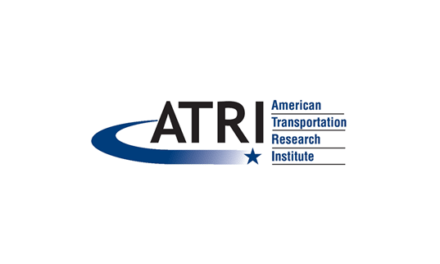On Friday July 27, 2018, the National Biodiesel Board filed an opening brief in its lawsuit objecting to EPA’s methodology for establishing the 2018 Renewable Fuel Standards (RFS). NBB specifically disputes three issues with EPA’s final RFS rule for 2018, arguing:
- EPA must account for all small refinery exemptions in the annual percentage standard;
- the agency acted arbitrarily when it set the 2018 advanced biofuel volume below what it found to be “reasonably attainable;” and
- the agency set the 2019 biomass-based diesel volume based on impermissible considerations.
NBB’s brief is the first the courts will consider in arguing that EPA must account for all small refinery “hardship” exemptions – including retroactively granted exemptions – when it sets the annual RFS volumes and Renewable Volume Obligations (RVOs).
NBB’s brief states, “EPA unlawfully has failed to account for all small-refinery exemptions it awards, violating its duty to promulgate percentage standards that ‘ensure’ all aggregate volumes are met. Unaccounted for small-refinery exemptions reduce aggregate volumes, and EPA’s approach creates a new, de facto waiver authority contrary to Congress’s design. Despite knowing those consequences, EPA declines to adjust percentage standards to account for that shortfall, either before it is likely to happen or after it actually does.”
EPA has disclosed that it recently retroactively granted 48 small refinery hardship exemptions, reducing the 2016 and 2017 RVOs by a combined 2.25 billion RINs. In the brief, NBB notes that the exemptions reduced the 2016 RVOs by 4.3 percent and the 2017 RVOs by 7.5 percent. Separately, NBB estimates the 2016 and 2017 exemptions reduced demand for biodiesel by more than 300 million gallons. Every 100 million gallons of increased biodiesel production supports some 3,200 jobs. The small refinery hardship exemptions could put hundreds of new jobs at risk.
“EPA must do something to account for shortfalls resulting from exemptions,” NBB states in the brief. NBB forcefully argues that EPA violated its duty to ensure that the annual volumes it sets are met. The agency asked for comment in the 2018 RFS rulemaking process on how to treat retroactive small refinery exemptions but decided not to account for them in the final standards.
NBB’s brief also challenges EPA’s use of its cellulosic waiver authority to reduce the 2018 advanced biofuel RVO below the volume the agency determined would be reasonably attainable. “EPA’s view that it has unlimited discretion to do whatever it wants to the advanced-biofuel volume via the cellulosic waiver provision is not supported by this Court’s precedents and would, if correct, render the provision unconstitutionally broad,” NBB states in the brief.
Lastly, NBB’s brief argues that EPA set the 2019 biomass-based diesel volume based on factors that are not mentioned in the RFS statute, while disregarding factors that are in the statute. “EPA set the 2019 BBD volume nearly identically to how it set the 2018 volume, which NBB is challenging in a separate proceeding. But the result here is even worse for the industry,” NBB says in the brief.
NBB’s challenge is consolidated with other petitions to the U.S. Court of Appeals for the D.C. Circuit, in a case titled AFPM v. EPA (17-1258). EPA is scheduled to file a reply brief by October 25, 2018.








